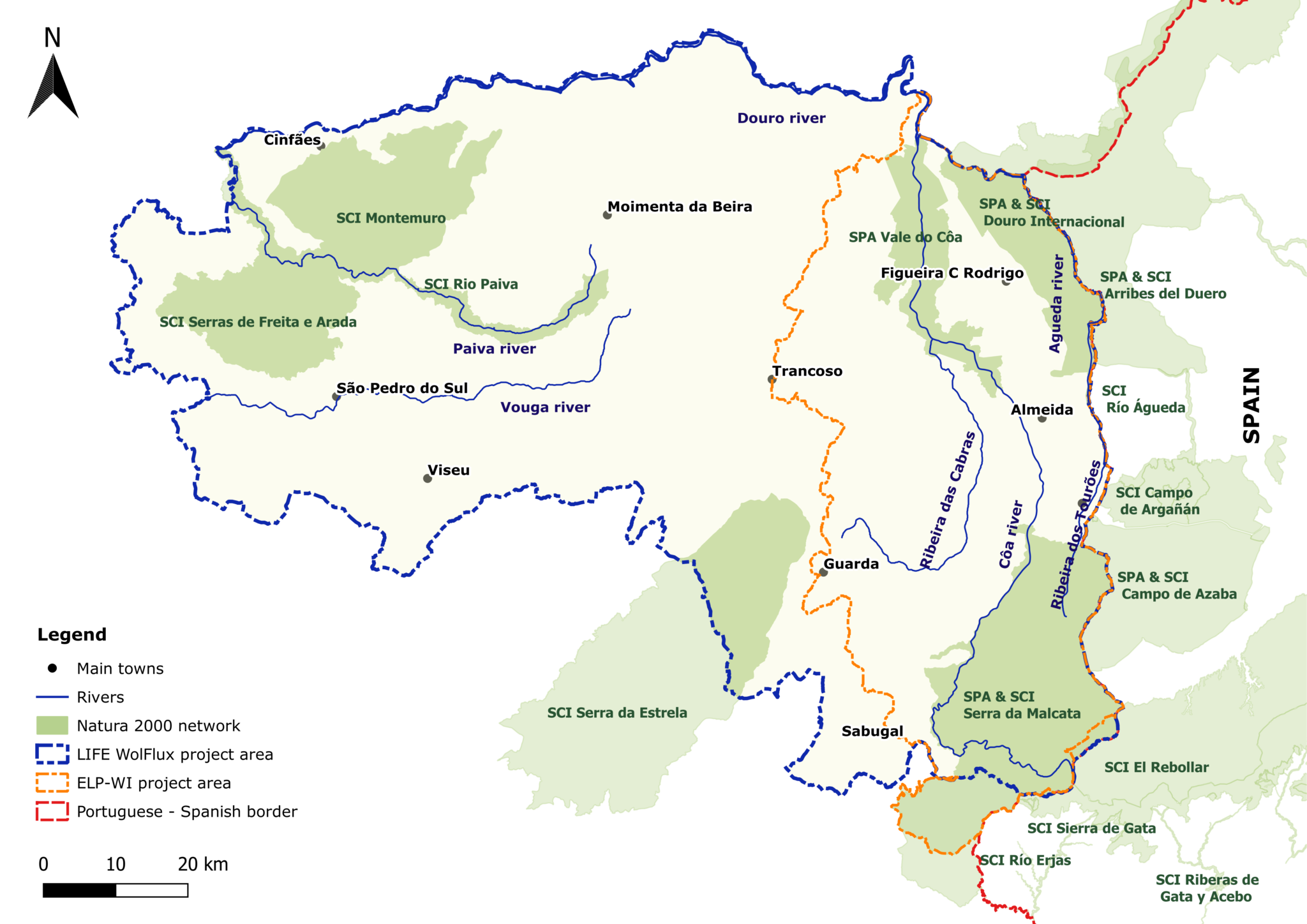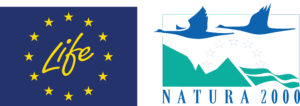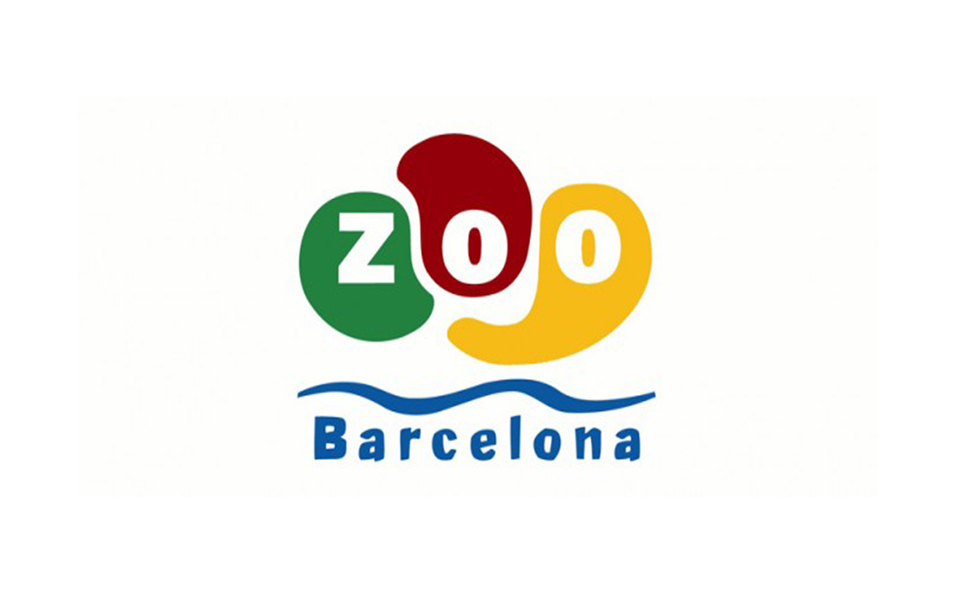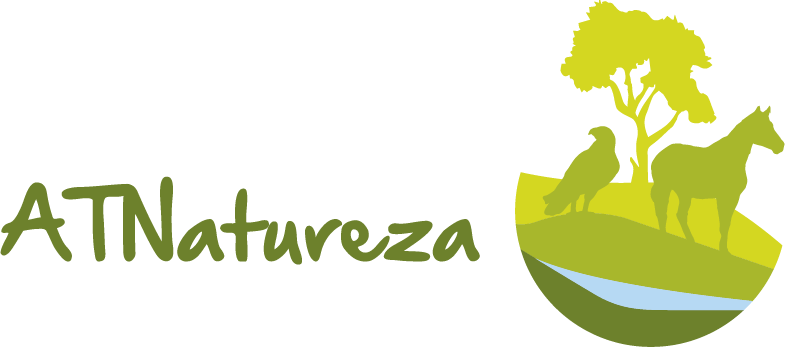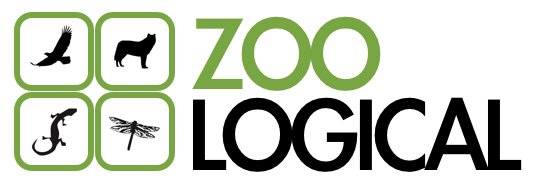Intervention Area
The project area includes the whole wolf range south of the Douro river. It is believed that a large part of the wolf subpopulation is currently in the areas of Montemuro and Serras da Freita e Arada.
There are also some wolf packs in the middle zone of the project, in the areas of Leomil, Trancoso and Lapa. Due to their location and the stability of some of these packs they can play an important role connecting Montemuro/Freita e Arada with the packs nearer the Spanish border.
This is extremely important considering that the wolf subpopulation is very isolated genetically, particularly the packs in Montemuro/Freita e Arada. Wolf range south of the Douro river overlaps very little with protected areas (29%), and there is thus the need to also focus on areas outside the Natura 2000 network.
In the west, the areas of the Douro International and Malcata are currently the known limits of wolf distribution. This is an area of more irregular wolf presence which receives dispersing wolves from the Spanish population, which is why the stability of these packs plays a key role in bringing genetic diversity to the area.


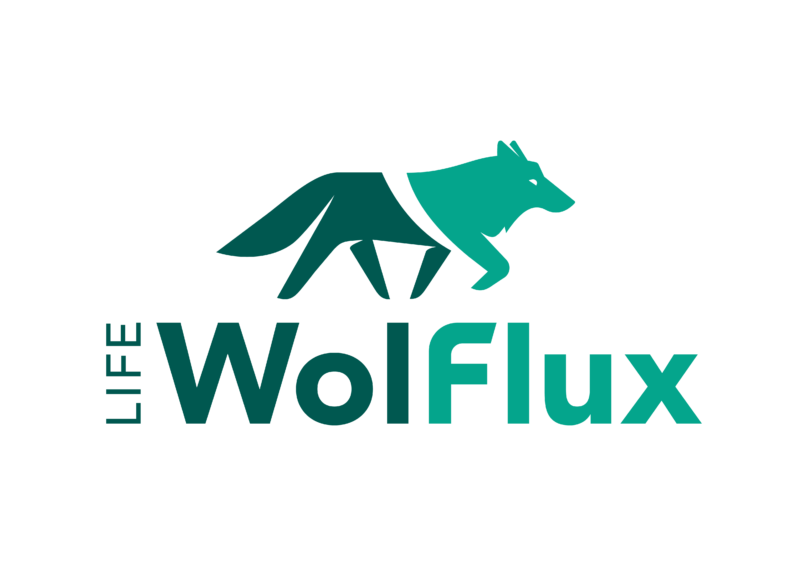 Current situation
Current situation
